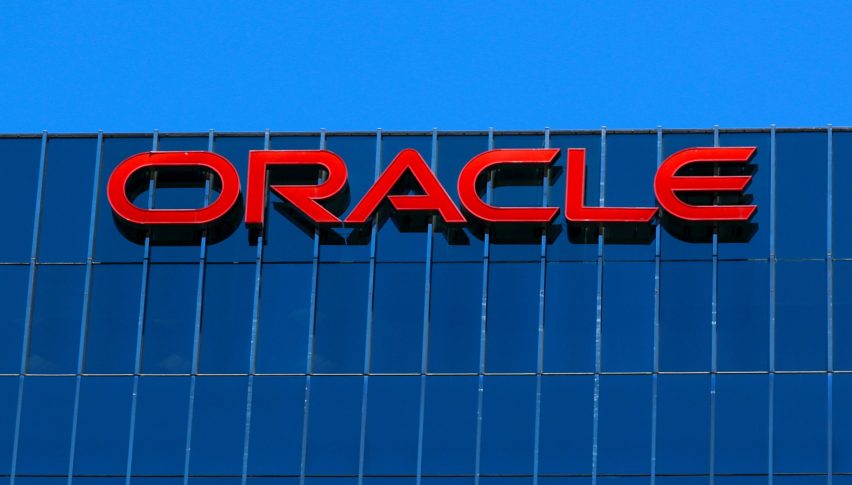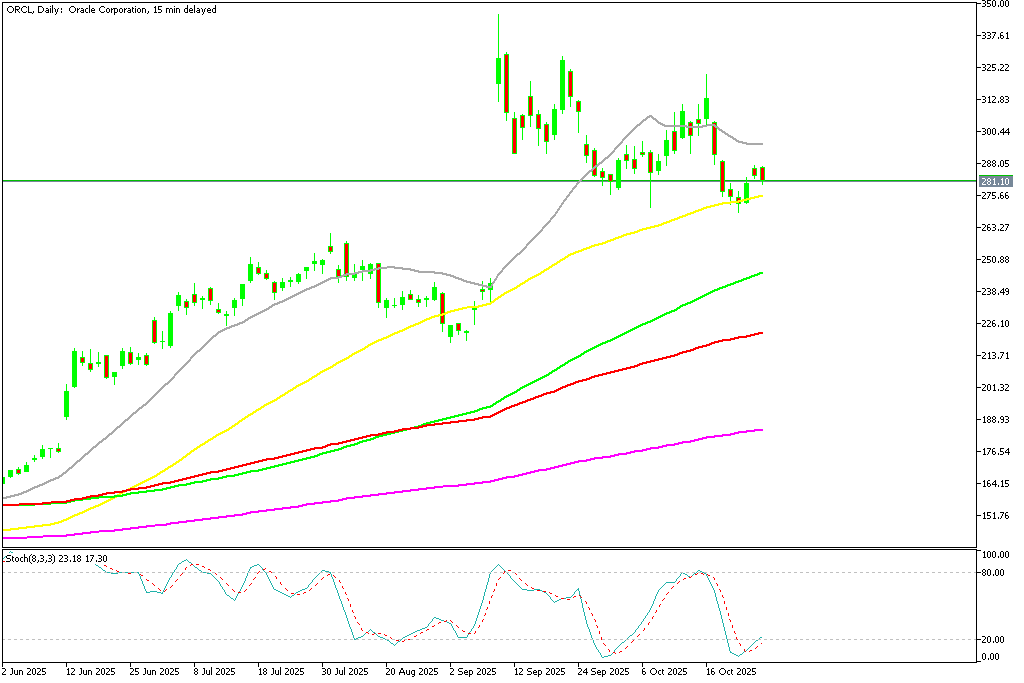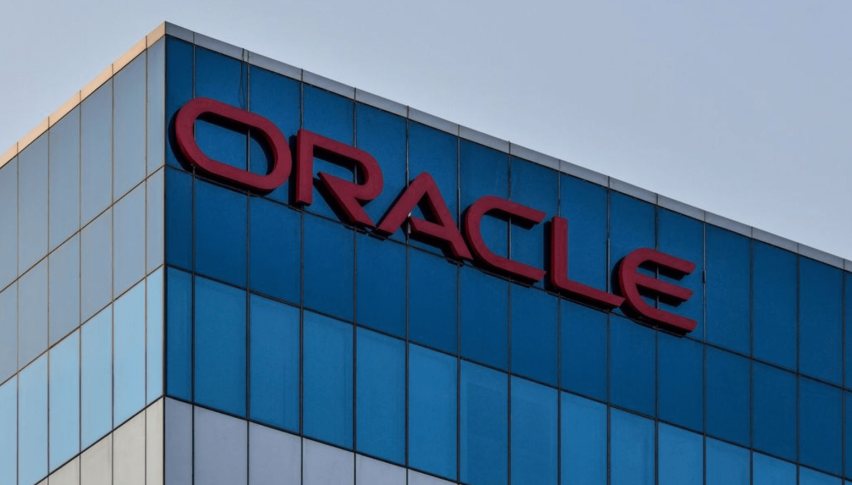From AI Hype to Hard Reality: Oracle Stock Extends Crash, Heads Under $200
Oracle’s rally has lost steam as insider selling and renewed skepticism about its AI profitability fuel a steep pullback and rising doubts a

Quick overview
- Oracle's stock has experienced a significant pullback due to insider selling and concerns over its AI profitability.
- New co-CEO Clay Magouyrk sold $11 million worth of shares shortly after his promotion, raising investor skepticism about the company's growth prospects.
- The stock has dropped nearly 30% from its September highs, breaching key technical support levels and shifting the short-term bias to bearish.
- Oracle's AI and cloud infrastructure segment is struggling with low profit margins compared to competitors, leading to eroding investor confidence.
Oracle’s rally has lost steam as insider selling and renewed skepticism about its AI profitability fuel a steep pullback and rising doubts about its long-term growth narrative.
Insider Selling Fuels Market Anxiety
Oracle Corporation (NYSE: ORCL) extended its recent slide this week as a wave of insider sales reignited investor unease. Regulatory filings showed that newly appointed co-CEO Clay Magouyrk sold 40,000 shares, valued at roughly $11 million, just days after assuming his new role.
The timing of the sale — so soon after his promotion — sent a worrying signal to investors, many of whom viewed it as a lack of conviction in Oracle’s near-term growth prospects.
ORCL Chart Daily – Likely the Price Will Fall Below the 50 SMA
Adding to the cautious tone, Buckhead Capital Management LLC reduced its Oracle holdings by more than 50%, suggesting that institutional investors are also pulling back exposure amid growing uncertainty around the company’s outlook.
Technical Breakdown Confirms Loss of Momentum
Oracle’s once-strong uptrend has now reversed sharply. After hitting record highs above $345 in early September, the stock has plunged nearly 30%, slipping below $250 and breaching several key technical support levels.
The 20-week simple moving average (SMA) — a major trend indicator — has now turned into potential resistance. Technical strategists warn that if selling pressure continues, Oracle could test the $200–$220 zone, which aligns with previous highs and would represent a significant retracement of its 2025 rally.
This technical deterioration has shifted the short-term bias firmly bearish, with the next critical test resting near the 50-week SMA, a level traders are watching closely for a possible stabilization attempt.
AI Cloud Margins Under Scrutiny
Oracle’s AI-fueled surge earlier this year was driven by investor enthusiasm for its expanding cloud infrastructure business, powered by Nvidia’s advanced chips. However, recent financial disclosures have dampened optimism.
The company’s AI and cloud infrastructure segment reportedly generated around $900 million in revenue last quarter — but with only $125 million in gross profit, translating to a modest 14% margin. By comparison, major competitors like Microsoft Azure and Amazon Web Services maintain margins well above 30–35%, highlighting Oracle’s cost disadvantage.
Mounting energy expenses, supply chain constraints, and aggressive infrastructure investments appear to be weighing on profitability. Analysts warn that unless Oracle can improve efficiency and scale more effectively, its AI business may struggle to deliver the kind of returns investors are pricing in.
Investor Confidence Erodes as Growth Narrative Fades
The mood surrounding Oracle has shifted from optimism to skepticism. Once hailed as a rising contender in the AI infrastructure race, the company now faces questions about execution, profitability, and strategic clarity.
While Oracle remains well-positioned in the enterprise software and database markets, its AI ambitions have yet to translate into sustained earnings growth. Without clearer evidence of operating leverage or cost control, investors may continue to view Oracle as a lagging player rather than a true AI leader.
For now, the stock’s technical weakness, insider selling, and margin pressures have combined to cloud sentiment — leaving traders watching for signs of stabilization before confidence can return.
- Check out our free forex signals
- Follow the top economic events on FX Leaders economic calendar
- Trade better, discover more Forex Trading Strategies
- Open a FREE Trading Account

